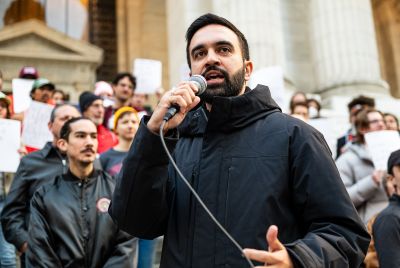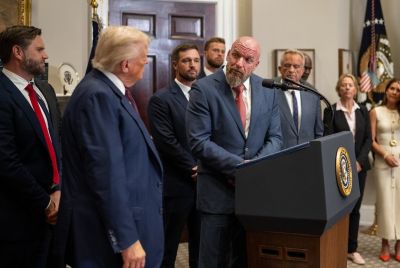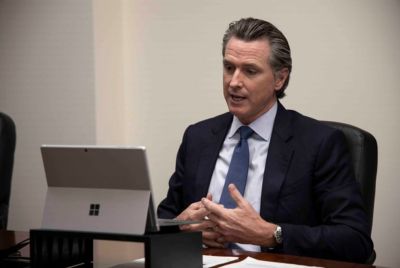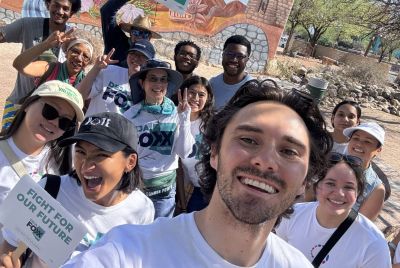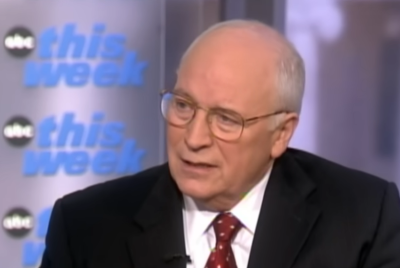South Sudan: Rebel leader Oloni threatens delicate peace deal
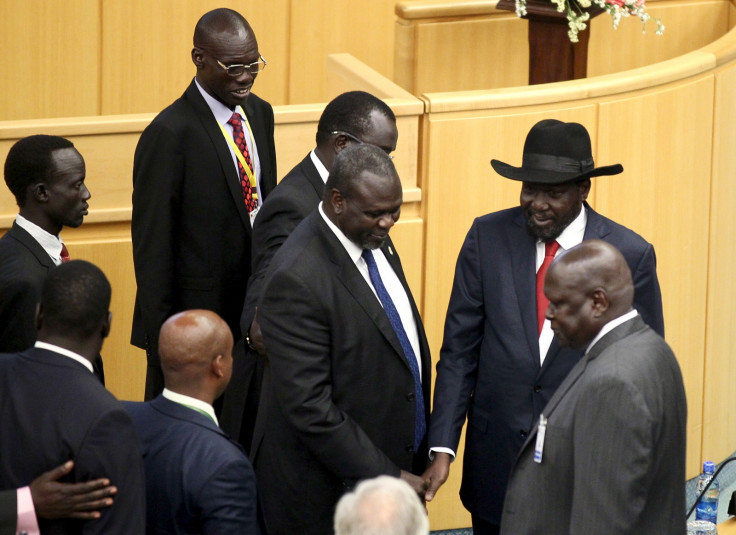
Peace in South Sudan might be at peril after a rebel leader warned he might take up arms again weeks after warring factions reached a peace deal. War in South Sudan erupted in 2013 when President Salva Kiir, from the Dinka ethnic group, accused then vice-president Riek Machar, from the Nuer group, of plotting to overthrow the regime.
The accusations sparked violence in the country, where factions loyal to Kiir and Machar engaged in tit-for-tat violence. The warring parties reached several temporary ceasefires and fragile peace deals that were consequently broken following new attacks.
The latest peace deal was reached in the capital of Juba in August. As part of the agreement, Machar would be reinstated as prime minister.
Who is Johnson Oloni?
A member of the Shilluk tribe, Oloni was the leader of militias waiting to be integrated into the SPLA, the South Sudanese official army.
In 2012, he declared himself leader of the South Sudan Democratic Movement, and started talks with the S South Sudanese government. He subsequently accepted an amnesty offered by Kiir and was given the rank of major general within the SPLA.
Forces affiliated to him were not integrated into the government and tensions rose in April 2015. Oloni's militia and government troops clashed while the SPLA said in May 2015 it was no longer making regular contacts with Oloni, who allegedly had failed to attend several meetings.
In 2015 he was also summoned by the government after Unicef warned his militia had kidnapped some children, believed to have been sent to training camps to become soldiers.
Weeks after the two parties signed the agreement, Gen Johnson Oloni, head of the Shilluk militia, told the BBC he might take up arms again after he alleged the government attacked civilians. He also expressed anger at what he perceives as the "wrongful" occupation of this tribe's land by the government and Kiir's recent decision to create 18 states in the country. Shilluk is the South Sudan's third largest tribe, after Dinka and Nuer.
When contacted by IBTimes UK, the South Sudanese embassy in London said the government is fully committed to the implementation of the peace agreement. "To demonstrate this commitment, immediately after the signing of the Peace Agreement, the government proceeded to declare a permanent ceasefire and ordered the South Sudan army (the SPLA) to stop any military offences against the rebels except on self defence," Sabit Abbe Alley, South Sudan's Ambassador to the UK, said.
"[The government] tabled the peace agreement in parliament for endorsement; formed a high-level committee to oversee the implementation of the agreement; identified areas outside the capital city, Juba, for deployment of the army, etcetera."
Before signing the deal, Kiir expressed his reservations about some clauses in the agreement. In a letter written to The Washington Post, the president criticised foreign interference during talks. "From distant capitals came demands that we shred our constitution and the safeguards for the South Sudanese enshrined within it," he said. "Of course we voiced our objections. We were told, however, to keep quiet."
South Sudan became the world's youngest nation after gaining independence from Sudan in 2011. Tens of thousands of people have been killed in the nation and hundreds of thousands displaced since 2013 with NGOs and the United Nations (UN) accusing both sides of committing war crimes.
Earlier in June, the UN mission in the country accused the SPLA of raping and burning alive dozens of girls during a major offensive. Reports also warned that both sides recruited child soldiers as young as 13 to use in combat.
As part of the peace deal, foreign troops had to leave the country by 10 October. The Ugandan government announced on 12 October that its soldiers − estimated to be more than 3,500 − will leave South Sudan by the end of this week. The troops were deployed in December 2013 and are supposed to be replaced by neutral forces.
© Copyright IBTimes 2025. All rights reserved.







